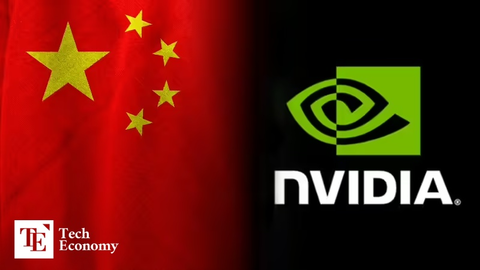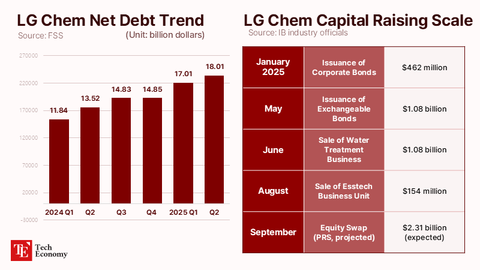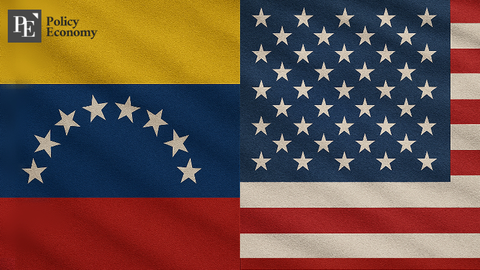“Instagram and WhatsApp Acquisitions Created a Monopoly”: U.S. Antitrust Trial Against Meta Begins
Input
Modified
U.S. FTC vs. Meta: Antitrust Court Battle Intensifies Meta Could Be Forced to Divest Instagram and WhatsApp if It Loses EU Adds Pressure with Probe Into Possible DMA Violations
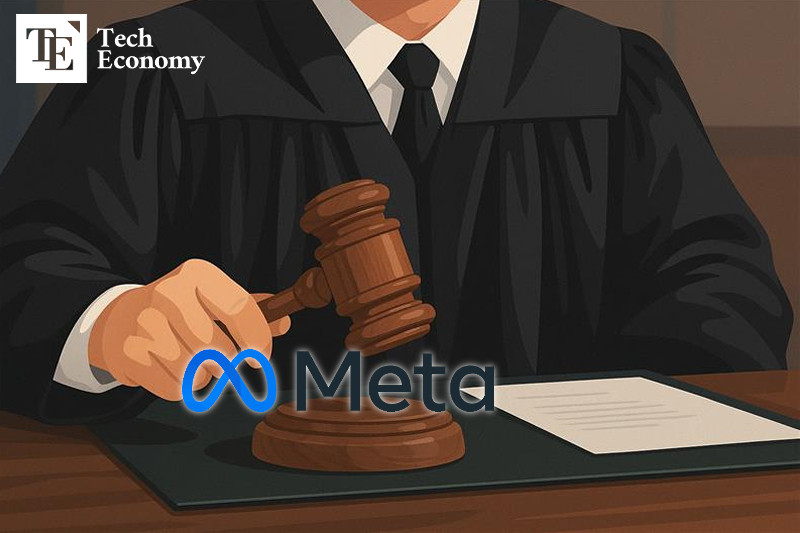
The first antitrust trial against Meta Platforms, Facebook's parent company, has officially begun—nearly five years after the lawsuit was filed by the U.S. Federal Trade Commission (FTC). The FTC argues that Meta has maintained a monopoly in the social media market by acquiring potential rivals Instagram and WhatsApp, consolidating its dominance and stifling competition. However, Meta denies the allegations, maintaining that its services compete fiercely with numerous online platforms and do not hold a monopoly in any meaningful legal sense.
Did Meta Illegally Monopolize the Social Media Market?
On April 14 (Korea time), The Washington Post and other media outlets reported that a federal court in Washington, D.C. began the first antitrust trial against Meta, nearly five years after the lawsuit was initially filed. The trial centers on whether Meta’s acquisitions of Instagram and WhatsApp constituted anti-competitive behavior that harmed market competition.
The U.S. Federal Trade Commission (FTC) alleges that Meta illegally acquired Instagram and WhatsApp to suppress competition and consolidate monopoly power. FTC lawyers argued, “Meta’s executives determined that buying a competitor was easier than competing with one.” They added, “For over a century, American public policy has required companies to compete if they wish to succeed—Meta broke that promise.”
The FTC also cited internal emails and messages from CEO Mark Zuckerberg at the time of the acquisitions, indicating that the purchases were intended to neutralize competition. The agency claims that Meta preemptively bought WhatsApp to block a possible Google acquisition and tried to purchase Snapchat for $6 billion in 2013, though the offer was rejected.
Meta argues that the FTC is mischaracterizing the competitive landscape. The company claims it faces fierce competition from other platforms, such as TikTok, and therefore cannot be considered a monopoly. Meta’s legal team emphasized, “Attempting to undo the Instagram and WhatsApp deals a decade after regulatory approval would set a dangerous precedent for the industry.”
Zuckerberg, called as a witness, stated that the nature of social media has significantly evolved over time, transforming from a simple messaging tool into a broader entertainment platform. If the court adopts this broader definition, Meta could argue that it competes with companies like YouTube, further weakening monopoly claims.
How Likely Is a Meta Defeat in U.S. Court?
If Meta loses, the company may be forced to divest Instagram and WhatsApp. This would be a major blow, especially as Facebook’s core platform weakens while Instagram and WhatsApp continue to grow. According to eMarketer, approximately 50% of Meta’s U.S. revenue in 2024 is expected to come from Instagram advertising.
However, legal experts caution that FTC success is not guaranteed. The agency previously sued Meta in 2020 on similar grounds, but the court dismissed the case, stating that the FTC had failed to demonstrate Meta’s dominance adequately. The FTC refiled in August 2021 with a more detailed analysis, and in January 2022, the court allowed the case to proceed.
After years of legal wrangling, the trial is officially underway, but many believe the FTC still faces an uphill battle. One industry insider commented, “To win, the FTC must prove that Meta would not have retained its dominant position without acquiring Instagram and WhatsApp. That’s a hypothetical argument—and a tough one to prove.”
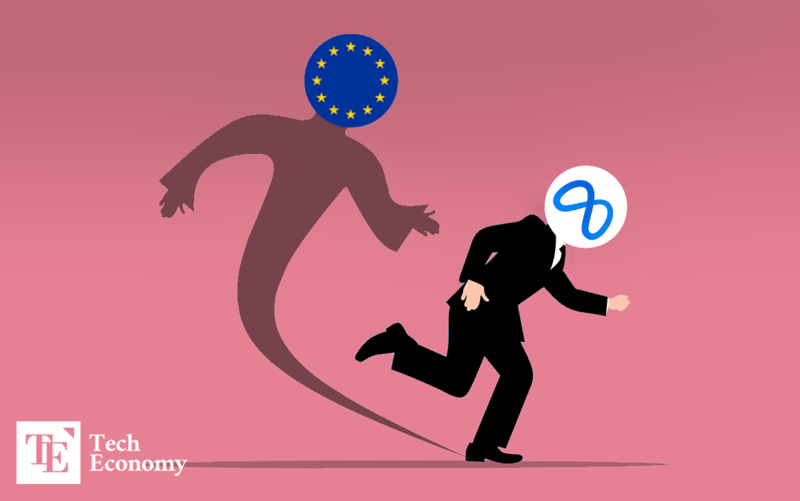
EU’s DMA Violation Probe Nearing Conclusion
Beyond the FTC trial, Meta is also facing regulatory scrutiny in Europe. The European Union (EU) is investigating whether Meta violated the Digital Markets Act (DMA), a law aimed at curbing the power of major tech platforms designated as “gatekeepers.”
Under the DMA, violations can trigger fines of up to 10% of global revenue and up to 20% for repeat offenses. Last year, the European Commission launched investigations into Apple, Alphabet (Google), and Meta over policies that restrict users from choosing alternative payment methods (“anti-steering”).
Alphabet has already received preliminary findings indicating DMA violations. While results for Apple and Meta have not yet been released, the EU's assessment of Meta is expected within weeks.
On April 8, EU Executive Vice President Teresa Ribera stated that conclusions on Meta and Apple’s DMA compliance would be finalized soon. She warned, “If companies do not show a willingness to cooperate in resolving these issues, we will not hesitate to impose fines as outlined in the law.”



